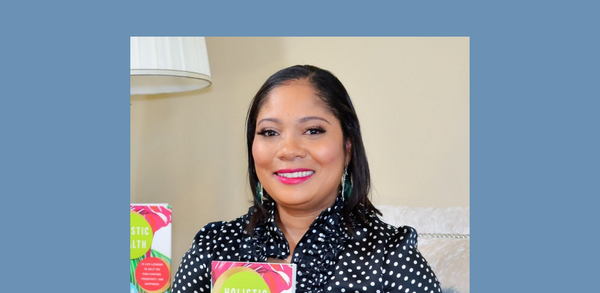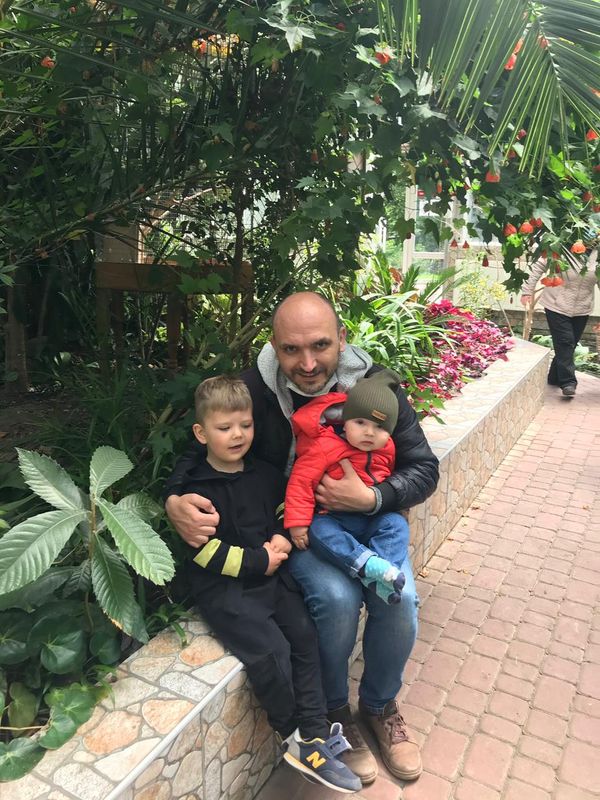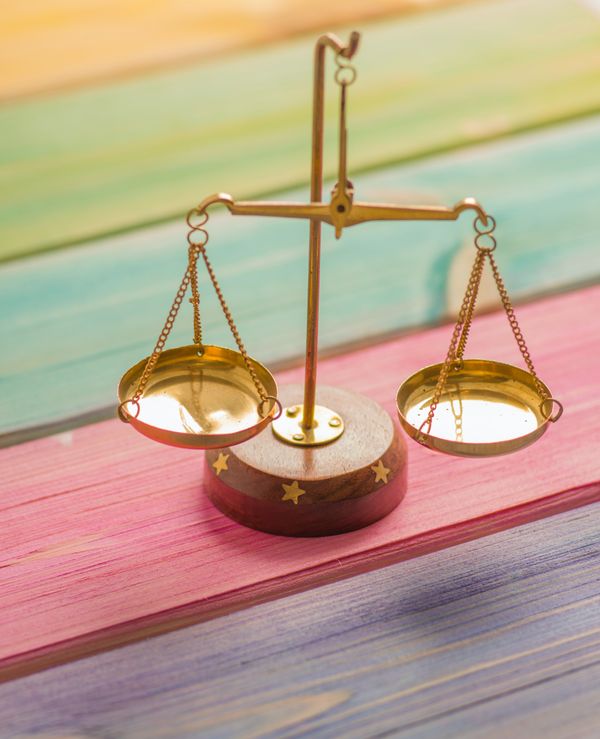Interview With Zara Rutherford: The Youngest Woman to Fly the Globe Solo Tells Us How to Weather the Storm With Finesse
She dodged unimaginable circumstances at thousands of feet in the air while piloting an aircraft from Belgium to Siberia and beyond, but her lessons learned can be applicable to even those of us who are planted firmly on the ground.
Zara Rutherford is a Belgian-British aviator. At age 19, she became the youngest female pilot to fly solo around the world and the first person to complete a circumnavigation in a microlight aircraft after a five-month journey which began in Kortrijk, Belgium, on 18 August 2021, and ended on 20 January 2022.
Truffld: Throughout your global solo journey, you had 260 hours of flight time, which as a 19-year old with your life fully ahead of you, must have provided you with a lot of time to think – were you contemplative during that time? Listening to music? Or heavily focused on every moment of the journey?
Zara: Usually I was really focused on the flying. It was never easy in the sense that it was never boring. A boring flight is a good flight, and an exciting flight is a bad flight. I almost always had exciting flights [laughing]. It was usually weather-related; sometimes there was extreme turbulence; in California it was wildfires, for example. There was always something going on. But when I did have the quiet moments it was amazing – I would listen to music and sit back and enjoy the view.
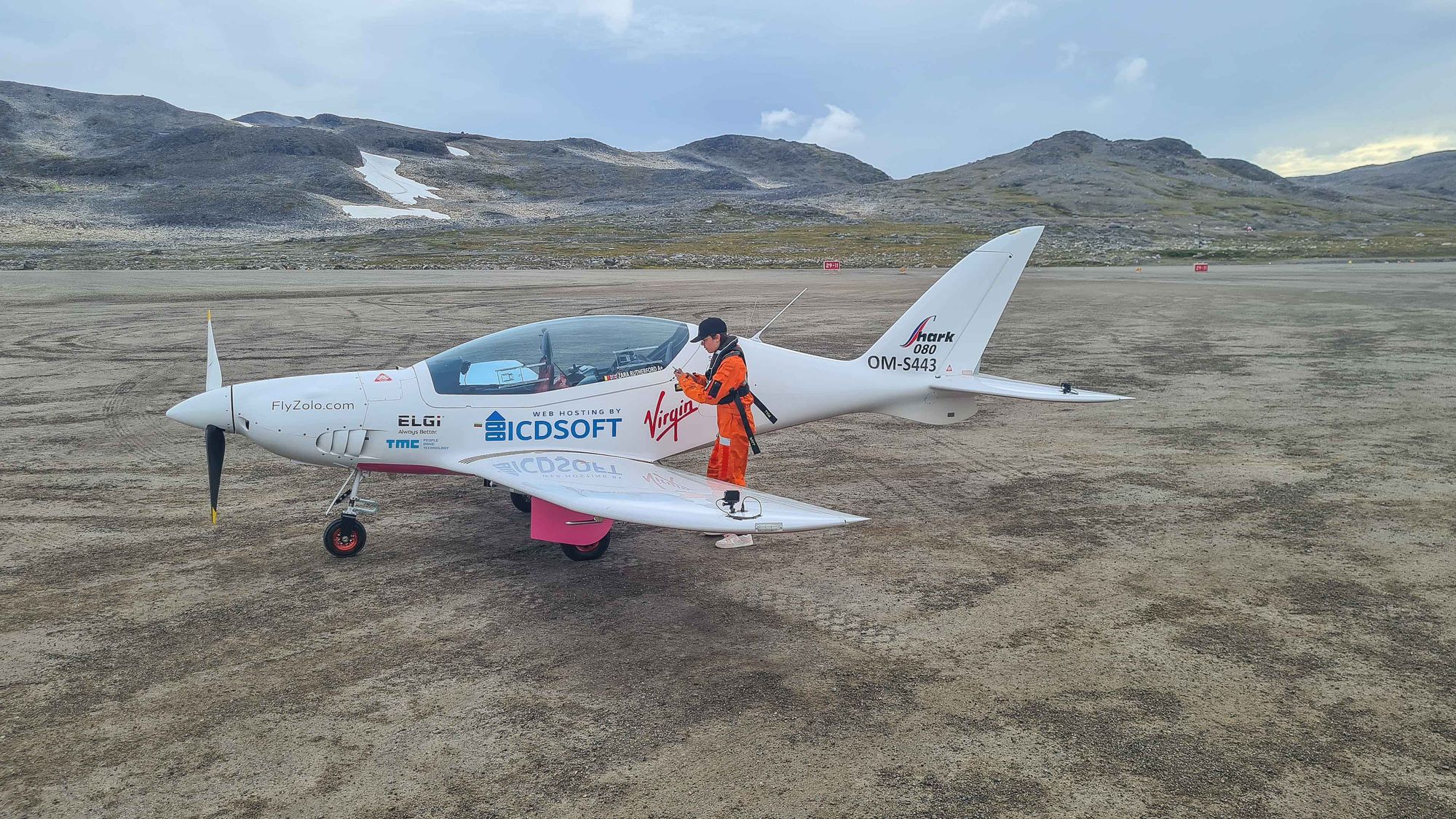
Truffld: I'd also read that you came close to lightning strikes, and some other harrowing conditions. Even though you're trained well, poised and confident, how do you manage those nerve-racking encounters?
Zara: I was very nervous. The important thing when you're flying is to not let your emotions make the decisions. You have to do what's safest, not 'Oh, I'm panicking, let me make this really stupid decision which could cause me to lose my life.' You could actually track where I was throughout the entire journey, so when I was near thunderstorms I would actually orbit a few times to try to relax, catch my breath, as well as find the best way forward to avoid a bad decision. I had to do that in Alaska as well during extreme turbulence. Near the equator the storms just look like a big dark column. It's too high of an altitude so I can't fly over it, and then directly underneath the dark cloud it's quite blurry because it's just such heavy rain, and then every once in a while there's a lightning strike. Rarely do the lightning strikes shoot out horizontally, so I just needed to ensure I flew around with enough distance.
Truffld: You grew up in a family of aviators, with both parents as pilots. Most of us put our children in the backseat of a car, while you and your brother were just as frequently buckled into the backseat of a plane. Naturally, that experience growing up cultivated more a comfort level for you with flying, but many people have pilots in their family, and you're still the first and only woman to do this solo at such a young age. So, what – other than your exposure to aviation – differentiated your upbringing?
Zara: My dad always told me that nothing was impossible. He always said that whatever job or career path I chose, they would support me, and that was always in the back of my mind throughout my childhood. It made me believe that yeah, if I put my mind to something...I'll try my absolute best...but also my mom always told me that failing was completely fine; there's nothing wrong with that. So I tried and failed things many, many times – not flying around the world, but other things – to a point where failure for me wasn't a negative anymore. It was a learning opportunity, and every time I fail it brings me closer to succeeding.
Truffld: Internationally, five percent of pilots are women, and we know that STEM and STEAM programs are more of a push for girls now than ever. I interviewed Katty Kay and Claire Shipman last year who wrote The Confidence Code – it cited a lot of statistics regarding the inflection points where girls start to drop out of science and math-oriented paths which can also coincide with a decline in confidence at certain formative ages. Did you ever experience similar challenges through adolescence?
Zara: A hundred percent. I think when you're 12, 13, 14, I just wanted to fit in with my friends. I didn't want to be that one girl who liked flying. I really struggled with that because it was, 'Why should I pursue aviation if none of my friends are doing it?' And it's sort of a weird thing to do to be honest; so it would have been easier not to do it. I found a balance – when I was at school I didn't talk about planes, and at home I would fly planes and do my own thing. But as I grew up and knew who my solid group of friends were, I just didn't care what anyone thought anymore. When I was 14 I went to an all-girls school. I think that helped because being more individual was considered cool; it was encouraged.
Truffld: I read that 3/39 of your flights during your solo flight went according to plan.
Zara: It was really hard to keep flying because chances were that something would happen. It was usually weather-related or the wildfires like I mentioned earlier. Sometimes sunset was an issue. So it becomes hard to get back in the plane because you know that statistically something is going to happen, and so then you're just hoping that it won't be bad enough to cause major problems. I think once I got to Russia, I still had those stressful flights, but my comfort zone became a lot larger. So suddenly, having extreme turbulence where G-Force warnings were going off was fine, or cross-winds on landing or thunderstorms all became 'one of those things.' The second half of the world actually ended up being easier because by then I was more comfortable with the extreme stuff. My stress levels varied based on how many back-up plans I had. I loved flying through Europe because there's an air field every five minutes. However, in Siberia there were no alternate air fields because it's either the place I left from or the place I'm going to – those are my only options for landing, and after four hours I won't have enough fuel to get back so I have to commit to the plan; it's point of no return.
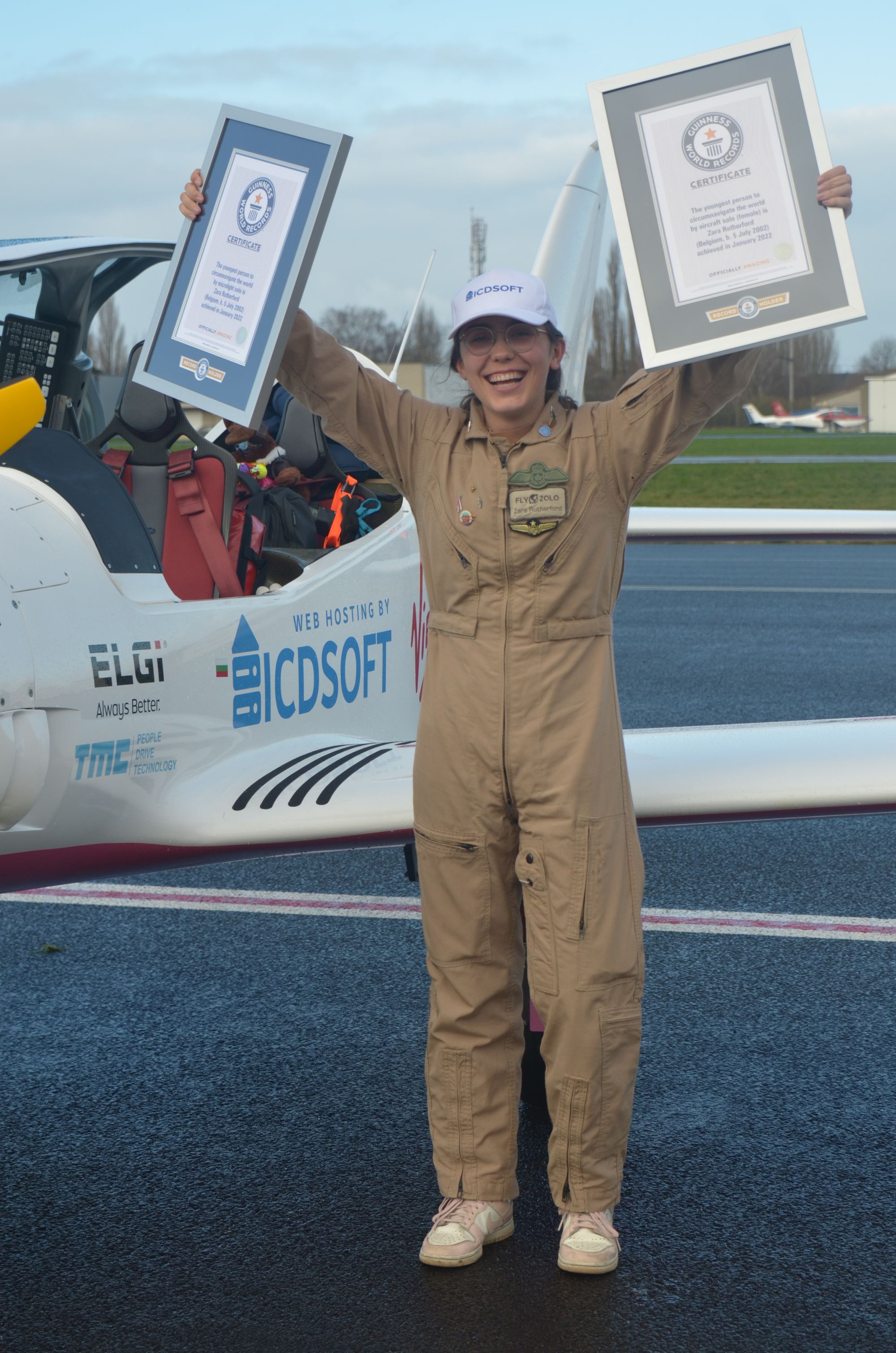
Truffld: You're off to college in the fall – where do you want to go? You'll study computer science or engineering, and I read that you'd like to [aptly] be an astronaut. Something tells me you won't want to be any astronaut, but one who accomplishes something record-breaking. On that note, fill in the blank: The next record I would like to break is ______.
Zara: Well, first of all I can't share which college I'd like to go to because I don't want to jinx it, and it's not Oxford or Cambridge because I missed the deadlines for those [laughing]. As for records, I want to see how many t-shirts I can put on in one minute. Seriously, I think I'm taking a bit of a break from world records and taking things one step at a time at the moment. But if I could even make coffee for another astronaut in space; if I could help humanity get a bit further with space exploration, then I'm happy, I've done my job.
Learn more about Zara and follow her journey on:
Main site: FlyZolo
IG: @flyzolo
FB: @flyzolo

